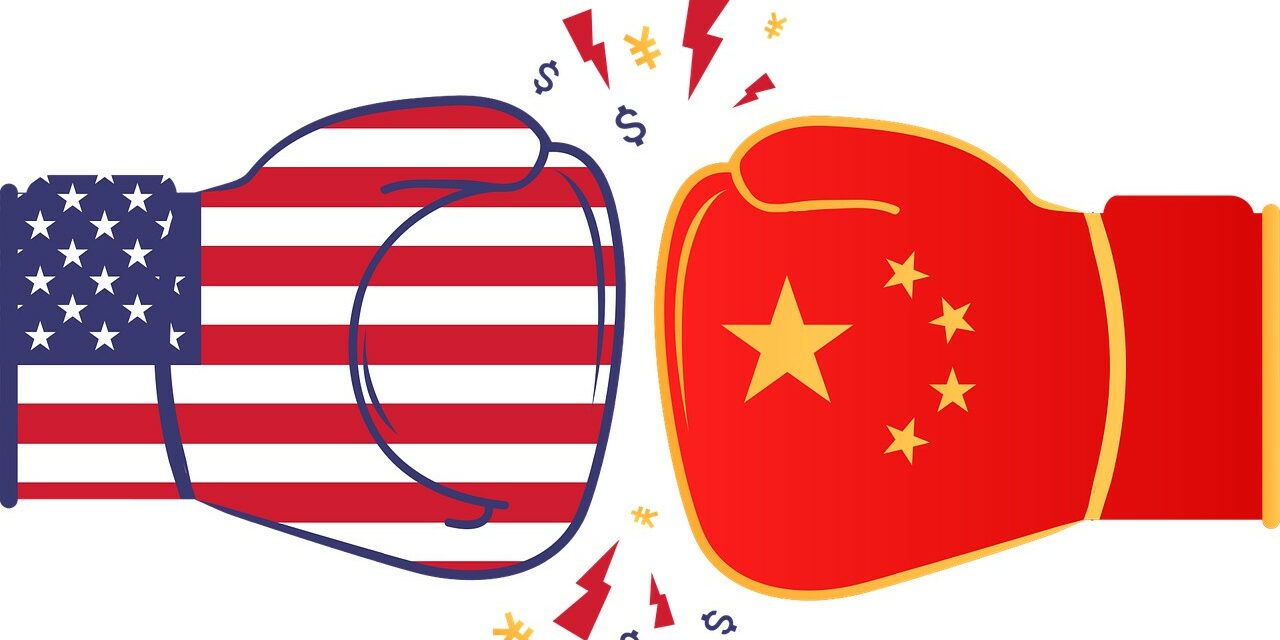It seems that the concept of the Indo-Pacific region is replacing the concept of the Asia-Pacific, as a result of which the Asian continent will disappear from the geopolitical maps - this is what Moon Chung-in, a South Korean academic and former presidential adviser, discussed in the columns of the Asia Times . , head of the Sejong Institute. According to the academician, the United States' efforts to push China and Russia into the background seem to be getting stronger in the Asian region.
According to Moon Chung-in, South Korea is primarily under pressure from the US to accept the Indo-Pacific strategy, which aims to isolate China and cut it off from global supply chains.
The US-China chip war
The expert emphasized that even though the United States is South Korea's most important ally, his country is not in a position to be hostile to China. As he pointed out, Beijing remains Seoul's largest trading partner, and the cooperation between the two countries accounts for 25 percent of South Korea's trade volume.
Moon Chung-in recalled that the Biden administration wanted South Korea's major chip manufacturers to invest in the US market instead of partnering with China. However, these large Korean companies export 60 percent of their products to China, while purchasing 60 percent of the raw materials necessary for chip production from China.
Western democracy export
The South Korean expert also touched on the fact that the differences in values between the Asian and Western regions also cause tension. As he wrote, the United States fights with a liberal coalition against illiberal states like China and Russia. According to the analyst, South Korean President Yoon Suk Yeol's administration, by promoting Western values such as freedom, human rights and democracy, creates the impression that South Korea has joined the liberal coalition. However, these manifestations can make Korean-Chinese relations problematic.
The academician believes that the processes currently taking place paint a particularly worrying picture of the future for his country. As he wrote, the polarization of the international system and the rise of bloc diplomacy can cause serious security, diplomatic and economic dilemmas. And in Asia, they cannot expect safe and peaceful development with the disintegration of the regional order.
According to Moon Chung-in, the pursuit of exclusivity in the Indo-Pacific strategy leads to the division of maritime and continental powers. If this is fulfilled, Asia will disappear from the geopolitical map. The expert sees a clash between America-centered collective defense and China's preferred global security system based on UN multilateral cooperation. However, Asia should return to the previous Asia-Pacific strategy and strengthen diplomatic relations in order to prevent greater trouble.
A clash of civilizations
Moon Chung-in emphasized that the clash of civilizations must be prevented. He emphasized that "the Western idea that divides the world into liberal and illiberal states is extremely misleading and even destabilizing." And the escalation of tensions and conflicts between the two blocs is even worse.
As he said, every society has its own cultural and historical context that must be learned to respect. As a result, mutual respect and strategic empathy must guide our commitment conditions.
Source: hirado.hu
Photo: Pixabay












